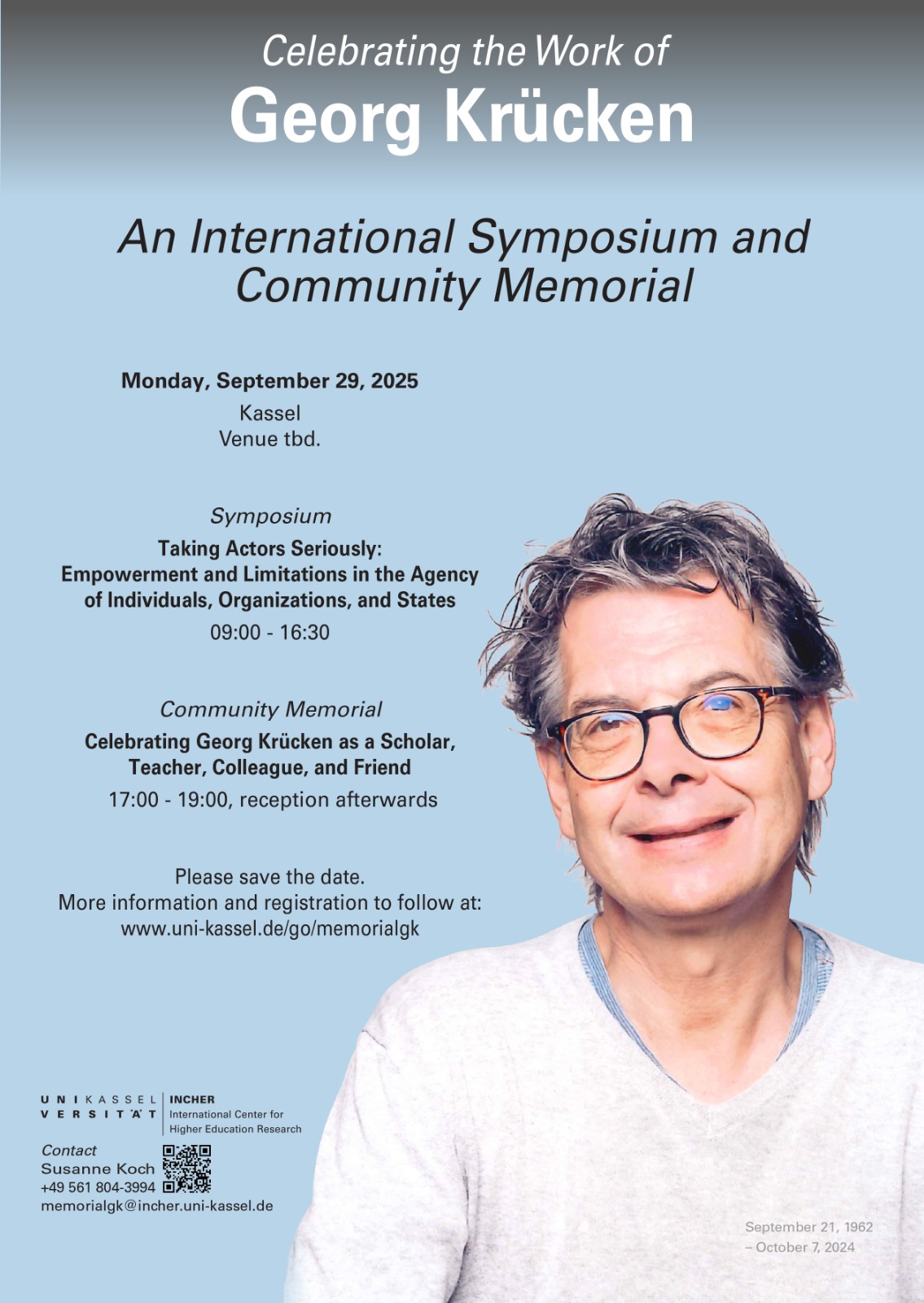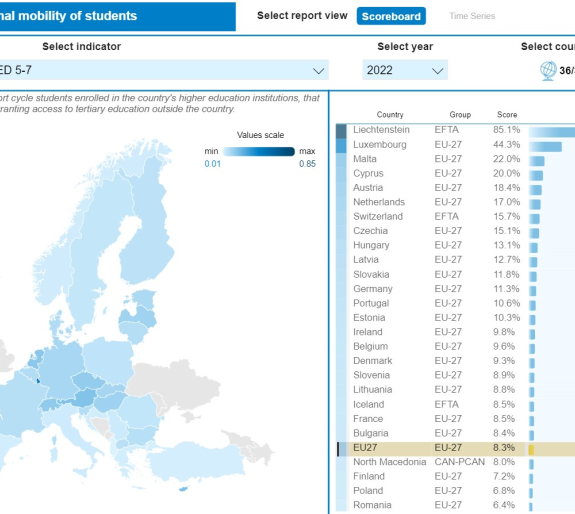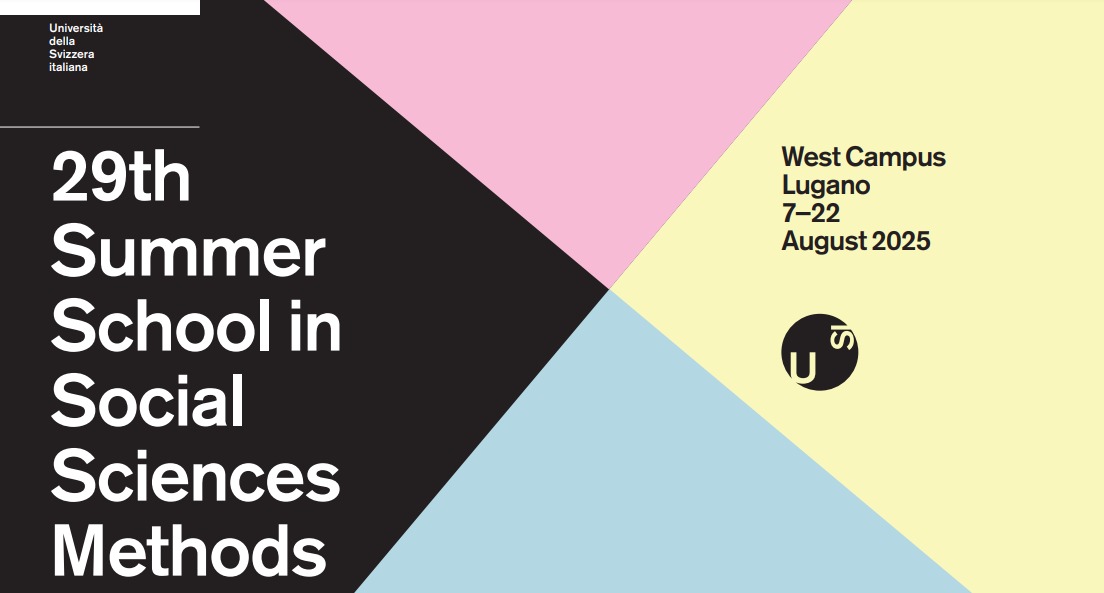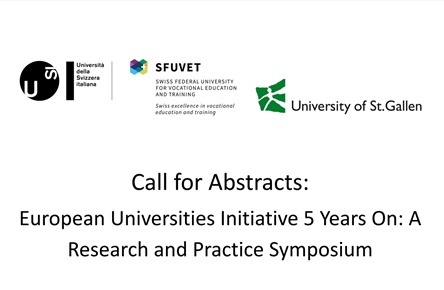It is with profound sadness that the CHER Board of Governors informs about the death of our colleague Mary Henkel.
Bellow you can find a tribute to her, written by our members Alberto Amaral and Pedro Teixeira, to whom we thank the sensible and thoughtful words.
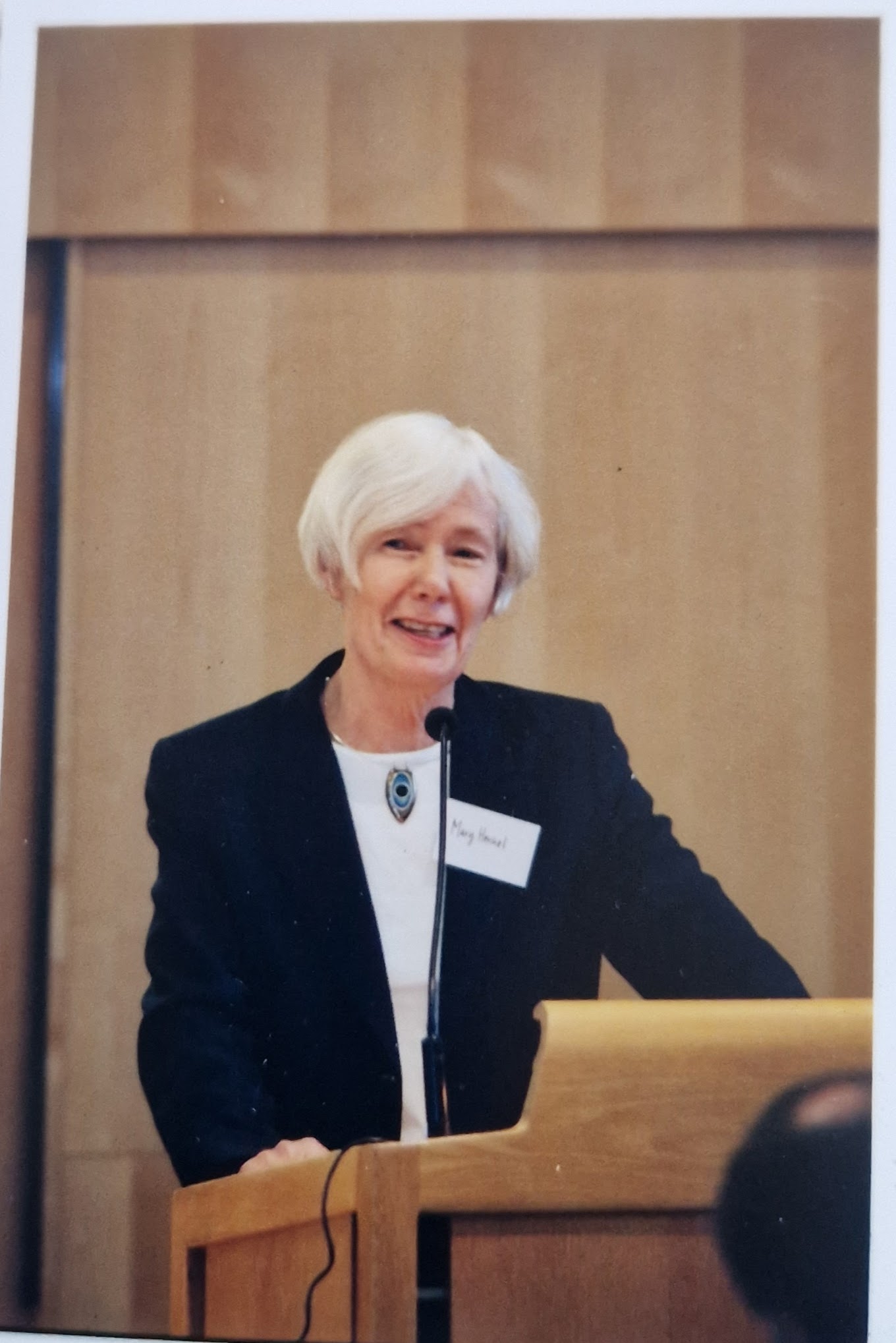
Dear Colleagues and Friends of CHER,
We have been deeply saddened by the passing of our dear colleague and friend Mary Henkel. She was not only a great scholar, but also a wonderful colleague and friend to many of us that had the pleasure to interact and work with her over the many years that she has devoted to higher education research in general, and to CHER in particular. Mary Henkel was part of the generation of colleagues that established the field of higher education studies in Europe and one of the first female academics to become a University Professor specialized in our field. She was also a founding member of CHER and a very important contributor to the intellectual development of our community, having been an active member until recently and a member of the Board.
Mary Henkel grew up in Blackheath with her parents and a brother. After school she entered Oxford in the late 1950s and studied classics. She did not only distinguish herself academically but also played on the college hockey team and was an excellent tennis player. After graduating she was a teacher at a comprehensive school. She then became a social worker and taught social work at London School of Economics. In the 1970s, when Mary Henkel was studying for a master’s degree at Brunel University she met Maurice Kogan, which started a long-lasting working relationship and a close friendship with him and his wife, Ulla. After finishing her degree, Mary Henkel got a position at Brunel as a Lecturer and she was later promoted to Reader and then to full Professor.
For the last quarter century Mary Henkel has distinguished herself as a leading higher education scholar. She has authored or edited thirteen books. Her contributions to the field span several topics such as: academic work, governance, higher education and preparation for work, or the use of performance indicators. In addition to those topics, she has written on learning and teaching in social work and on evaluation and research policy. An overarching interest throughout her research has been the values and identities of academics and professionals and how they are affected by policies, reforms and managerial tools.
On the occasion of Mary Henkel’s seventieth birthday a group of her colleagues have come together to write a fine volume of articles as a tribute to her work and a token of gratitude for contributions to higher education research – From Governance to Identity (Springer, 2008). The volume was organized by Alberto Amaral, Ivar Bleiklie, and Christine Musselin, and included contributions from other colleagues such as Ronald Barnett, John Brennan, Kavita Pattel, Elaine El-Khawas, Svein Michelsen, Peter Maassen, Jürgen Enders, Harry De Boer, Liudvika Leisyte, Roberto Moscati, and Jussi Valimaa. In this festschrift, they have explored the topics in which she has made a major contribution such as identities, academic work, policy and governance, and methods of research in higher education. This tribute to Mary Henkel’s work and contributions to higher education research was a fully deserved contribution to someone characterizing by an unassuming personality and intellectual modesty.
Mary Henkel was a gifted scholar and through her excellent work, intellectual openness and kindness she has earned a well-deserved scholarly reputation and the gratitude of numerous friends that will deeply miss her.
Alberto Amaral and Pedro Teixeira
Books by Mary Henkel
1. Government and Research: Thirty Years of Evolution (2nd ed.) - Maurice Kogan, Mary Henkel, and Steve Hanney, 2006
2. Transforming Higher Education. A Comparative Study (2nd ed.) - Maurice Kogan, Marianne Bauer, Ivar Bleiklie and Mary Henkel, 2006
3. Governing Knowledge: a Study of Continuity and Change in Higher Education – A Festschrift in Honour of Maurice Kogan - Bleiklie, Ivar, and Mary Henkel, eds. 2006.
4. Transforming Higher Education. A Comparative Study - Maurice Kogan, Marianne Bauer, Ivar Bleiklie and Mary Henkel, 2000
5. Academic Identities and Policy Change in Higher Education - Mary Henkel, 2000
6. Changing Relationships Between Higher Education and the State - Edited by Mary Henkel and Brenda Little, 1998
7. Graduate Education in Britain - Tony Becher, Mary Henkel and Maurice Kogan, 1994
8. The Use of Performance Indicators in Higher Education. The Challenge of the Quality Movement - Martin Cave, Stephen Hanney, Mary Henkel and Maurice Kogan, 1996; 3rd edition
9. Learning and Teaching in Social Work. Towards Reflective Practice - Edited by Margaret Yelloly and Mary Henkel, 1994
10. Government, Evaluation and Change - Mary Henkel, 1991
11. Higher Education and the Preparation for Work - Chris J Boys, John Brennan, Mary Henkel, John Kirkland, Maurice Kogan and Penny Youll, 1989
